

Horses are amazingly beautiful and sensitive creatures. Horses require not only understanding and patience, they also look for a whole lot of care. A horse will love you if, first and foremost, you treat it fairly, and secondly, if you allow yourself to develop a relationship with it in the same manner you would, with a human partner. A healthy relationship with your horse requires trust coupled with respect, fondness with compliance, and a desire to please. If you really wish to enjoy a horse's finer qualities, you must treat them with both kindness and quality care.
Horses now live in predominantly unnatural environment i.e. Restricted grazing and being stabled, and the more we ask them to perform and restrict their natural habits, the more supplements are relied upon to create a balanced diet. Ulcers is a common medical condition in horses and foals. The stomach of horses is very different from humans as their stomach produce acid constantly. So, when a horse skips a meal or two, the acid produced will damage the stomach lining causing severe horse colic pain. The gastric ulcer may range from a mildly inflamed stomach lining to a more severe and widespread wearing down of the stomach lining leading to bleeding. Generally, foals tend to have a thinner cell lining and are more prone to gastric ulceration than horse adults. The various symptoms of equine ulcers include poor appetite, dull coat, dark faces, poor performance, behavioral problems and general feeble health of the horse.
If the horse is suspected to having gastric ulcers, a procedure known as gastroscopy will confirm the presence, severity and location of the ulceration. If you have a horse or horses you suspect may have gastric ulcers, it is recommended that you consult your veterinary surgeon right away. Many owners and riders note a significant improvement in their horse, sometimes within days of commencement of equine gastric ulcer treatment. For a horse in hard work, ulcers can start to reappear as quickly as three to four days after the end of treatment; however, even slight changes to their daily regime can make a difference. Because your horse's body faces different demands and challenges throughout the year, you may consider altering some of the equine supplements that you feed, to compensate for changes in exercise, your show/trail schedule and the climate. Provide your horse a proper feed full of roughage which reduces the chances of ulceration.
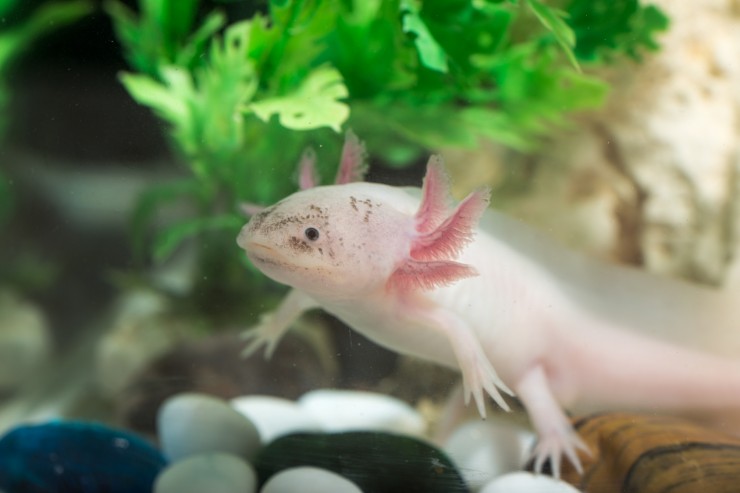 Keeping An Axolotl As A Pet
Keeping An Axolot
Keeping An Axolotl As A Pet
Keeping An Axolot
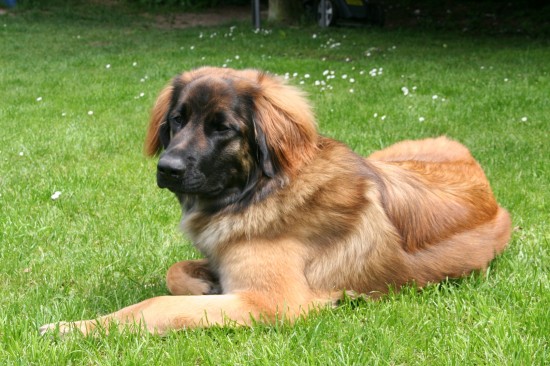 Can You Prevent An Unspayed Female Dog From Coming Into Season?
Can You Prevent A
Can You Prevent An Unspayed Female Dog From Coming Into Season?
Can You Prevent A
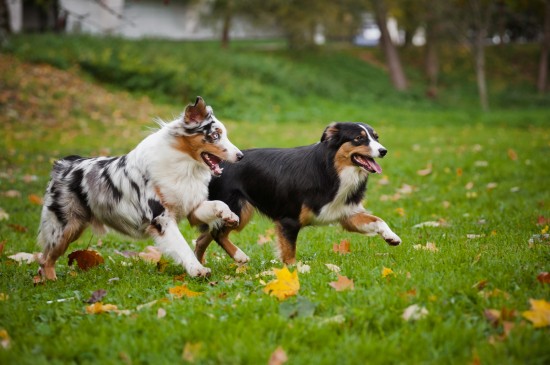 How To Encourage Your Dog To Play Nicely With Strange Dogs
How To Encourage
How To Encourage Your Dog To Play Nicely With Strange Dogs
How To Encourage
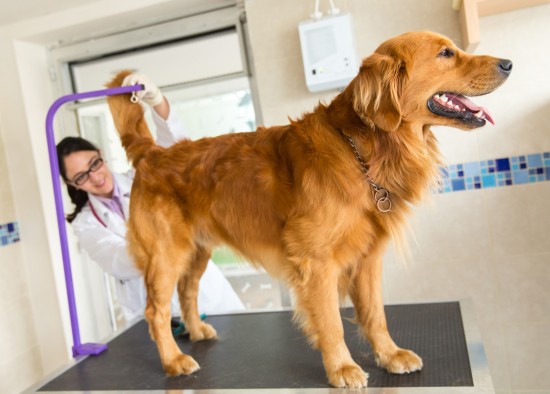 How To Treat A Dog’s Impacted Anal Glands At Home
How To Treat A Do
How To Treat A Dog’s Impacted Anal Glands At Home
How To Treat A Do
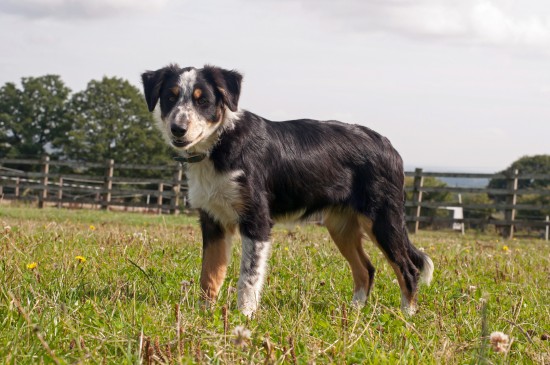 Keeping Herding Dogs Happy
Keeping Herding D
Keeping Herding Dogs Happy
Keeping Herding D
Copyright © 2005-2016 Pet Information All Rights Reserved
Contact us: www162date@outlook.com